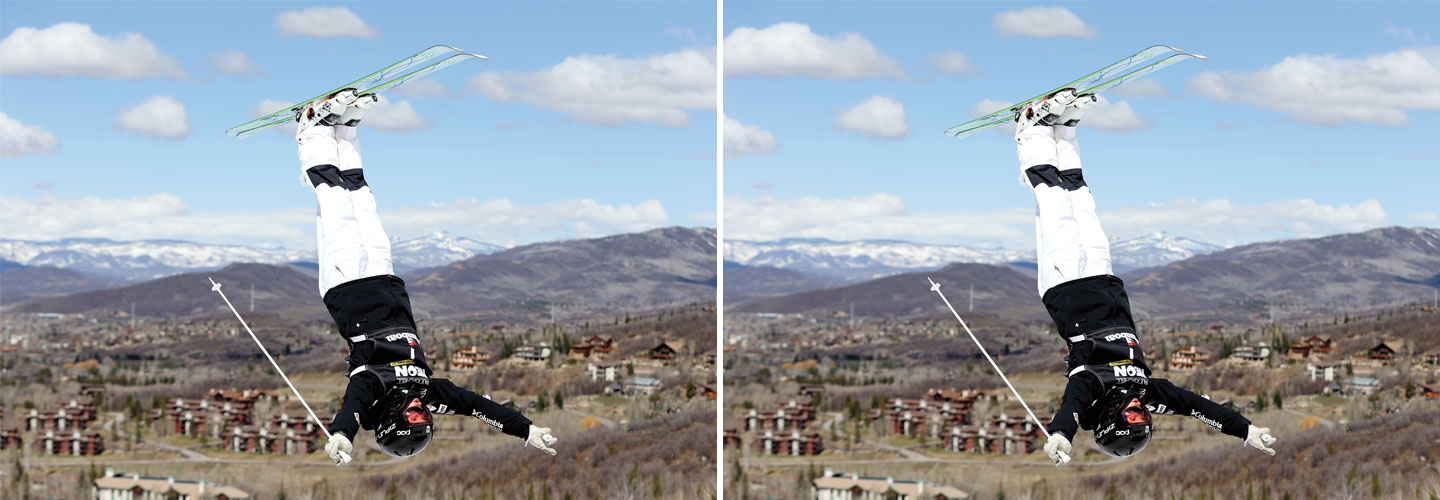This month, nearly 3,900 of the world’s best athletes are descending on Pyeongchang, South Korea, for the Winter Olympics. They’ll tackle the slopes and hit the ice to compete in 102 different events, including four new ones: big-air snowboarding, alpine team skiing, mass start speed skating, and mixed doubles curling.
But sports won’t be the only focus of the Games. While athletes go for the gold in South Korea, much of the world’s attention will be trained on the country’s hostile neighbor, North Korea.
That nation’s unpredictable dictator, Kim Jong Un, has put the world on edge over the past year by testing long-range ballistic missiles and threatening nuclear attacks against the United States and its allies in Asia, including South Korea and Japan.
This month, nearly 3,900 of the world’s best athletes are descending on Pyeongchang, South Korea. They will compete in the Winter Olympics. They’ll tackle the slopes and hit the ice to compete in 102 different events. This includes four new ones: big-air snowboarding, alpine team skiing, mass start speed skating, and mixed doubles curling.
But sports won’t be the only focus of the Games. Much of the world’s attention will be on the country’s hostile neighbor, North Korea.
That nation’s unpredictable dictator is Kim Jong Un. He has put the world on edge over the past year. He tested long-range ballistic missiles. He also threatened nuclear attacks against the United States and its allies in Asia, including South Korea and Japan.

